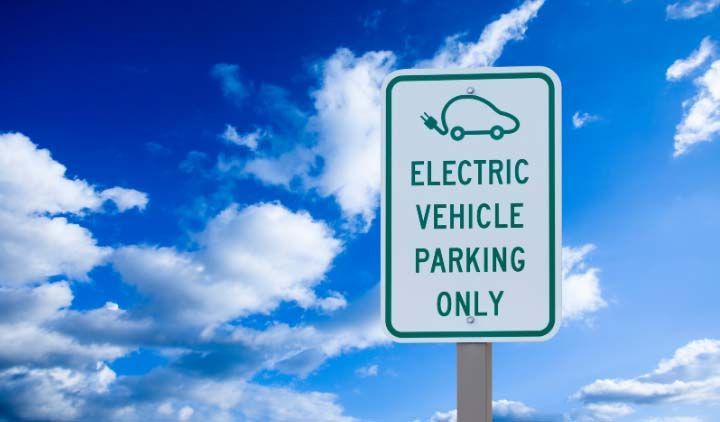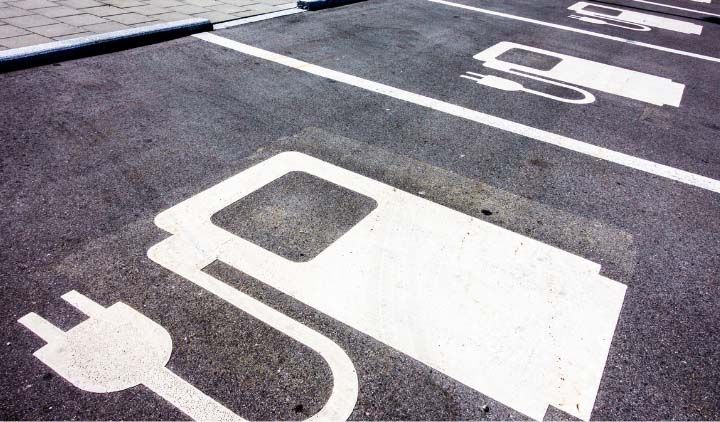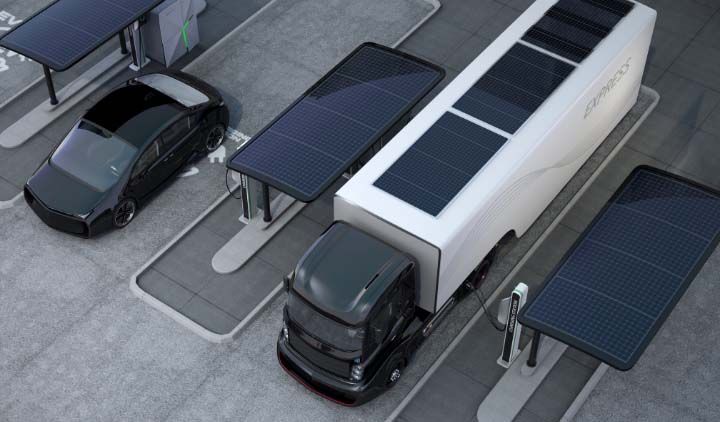Going Beyond the Curb: Policies and Best Practices
White Papers
PASADENA, CA, September 14, 2021 — As the economy reopens and cities are once again coming to life, the urban curbside is a busy and increasingly competitive space. CALSTART, a national nonprofit focused on accelerating clean transportation, has released Going Beyond the Curb: Policies and Best Practices, a white paper that examines current practices and innovations that are helping cities around the world transform this space for shared benefits of commerce, quality of life, and sustainability.
The white paper notes that cities implemented temporary COVID response policies to expand safe-dining, support fitness, and accommodate significant growth in online retail, and now is the time to examine opportunities for a reimagined urban living and commercial environment. Top recommendations and highlighted successes include:
Implementing policies that support short-term commercial loading zones in Ann Arbor, Michigan and Los Angeles, California
Time of day usage for uses such as freight/delivery, people movement and dining/recreation in New York, New York
Zero-emissions delivery zones such as those in place in Santa Monica, California and Oslo, Norway
Transitioning to lightweight zero-emission vehicles for last-mile goods movement such as cargo e-bike programs in place in Toronto, Canada and emissions pricing in London, England.
Best practices for policy development steps that are specific to curb space: define the space needed; define the system; establish early, ongoing communications; earn support of local organizations; and phase in new technologies or practices.
“There is a tremendous time for cities to create an urban landscape that incorporates clean transportation,” said John Boesel, president and CEO of CALSTART. “Clean technology is ready to support collaboration at the curb space and provide new opportunities for commerce and communities.”
Funding for the report was provided by FedEx Cares as part of FedEx Corp’s (NYSE: FDX) charitable giving and commitment to sustainable logistics.
“We recognize that true impact demands collaboration. We are working with sustainability leaders and breakthrough thinkers like CALSTART to bring new solutions and innovation to the curb – to incentivize more efficient mobility, optimize deliveries, and increase safety,” said Bill Cawein, Manager of Innovation and Technology for Global Vehicles at FedEx Express.
FedEx is leading the industry with research and testing, and the company will be developing scalable solutions that apply within its own network as well as to its peers across the industry. FedEx is committed to supporting cities through sustainable logistics solutions alongside its commitment to reach carbon-neutral operations globally by 2040.
As a continuation of the FedEx Cares project activities, CALSTART is developing a feasibility study to deploy these policies and best practices. They are also assessing the most advanced and emerging zero-emission, last-mile modes in a “vehicle matrix” to complement curb space policies and best practices.
Address
CALSTART
48 S Chester Ave
Pasadena, CA 91106
USA
Visit us
Contact: membership@calstart.org
Offices in: San Joaquin Valley, CA | Berkeley, CA | Brooklyn, NY | Lakewood, CO | Santa Rosa Beach, FL | Troy, MI | Pasadena, CA (HQ)




